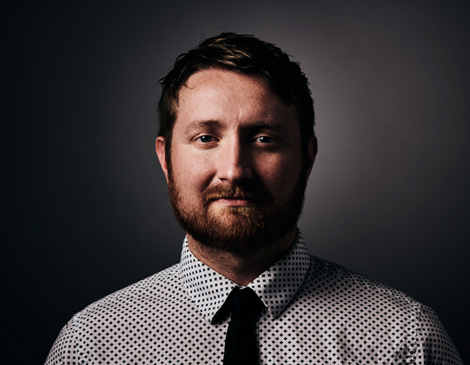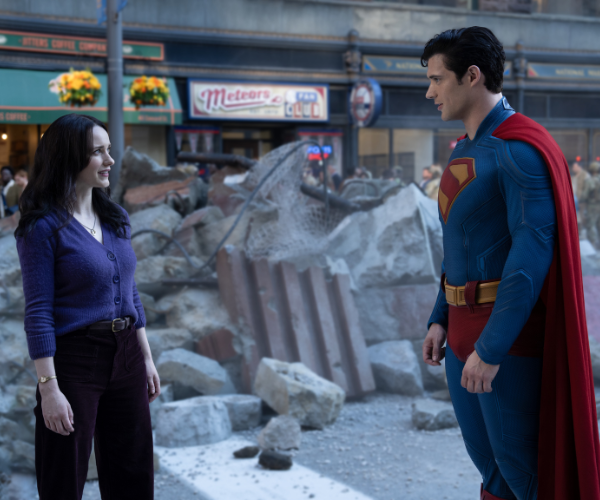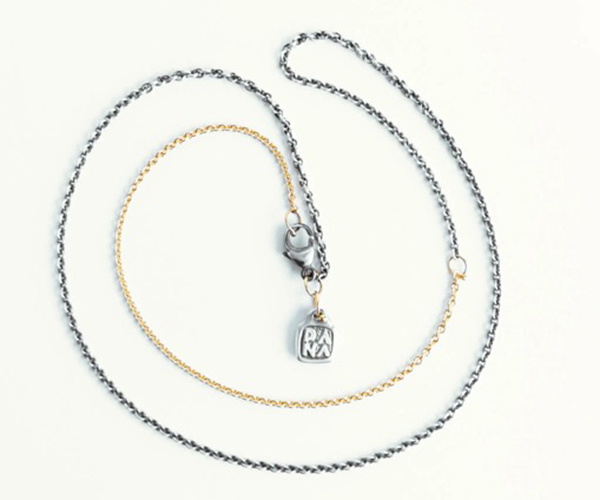Ten years ago this month, U.S. Army Specialist Zachary Koppes assumed his usual position in a Humvee at Combat Outpost Keating, a small military base cradled deep in a tree-spotted valley in Nuristan Province, Afghanistan. It was almost 6 in the morning on Oct. 3, 2009, and Koppes’ truck acted as a de facto guard tower for the perilously located outpost. Almost immediately, the base began taking machine gun-fire from the surrounding mountains. Mortars soon followed. Part of a force of fewer than 60 Americans, Koppes was soon fighting for his life as an estimated 300 Taliban insurgents attacked the tiny outpost.
Armed with an M4 carbine rifle and a MK 19 grenade launcher, the 22-year-old Winesburg, Ohio, native defended the base’s left flank for the next 13 hours, even as rockets set a nearby building aflame. The base was in shambles by the time the 101st Airborne Division relieved them at nightfall.“I could see the looks on the 101st guys’ faces,” the Cleveland resident says. “The only light we had was the fire still burning on the base. Like old war movies.”
Now, Hollywood is bringing the Battle of C.O.P. Keating to the big screen. Currently in post-production, The Outpost adapts journalist Jake Tapper’s nonfiction bestseller of the same name with stars Orlando Bloom and Scott Eastwood. Sony Pictures has also been working on Red Platoon, based on the bestselling memoir by Koppes’ platoon sergeant, Medal of Honor recipient Clinton Romesha. The Netflix series Medal of Honor has already devoted two episodes to the battle, with an actor playing Koppes.
“We were just regular people, misfits even,” he says, noting he understands the Hollywood interest. “It gives people this idea that there is strength in all of us. That anybody has the ability to dig down and do something great in the face of adversity.”
For Koppes, the media attention is bittersweet. The troop lost eight Americans in the battle, including his best friend, then Private Stephan Mace, played by British actor Chris Born in The Outpost. But the veteran is moved that their sacrifice is being memorialized.
“Their stories will always be told,” says Koppes. “They’ll always be remembered.” Over the years, Koppes made peace with his worst memories of the battle. A sniper killed one soldier and wounded another in front of him. Gunfire destroyed Koppes’ radio, isolating him from his comrades until another soldier dodged bullets to deliver another. To avoid smoke inhalation, Koppes wet a fireproof mask with the last of his drinking water. By nightfall, he’d suffered a concussion and shrapnel wounds to his arms and legs.
The Americans evacuated and destroyed the base within days of the battle, but Koppes didn’t return to the States until 2010 — with a Bronze Star and a Purple Heart. He left the Army in 2012 as a sergeant and graduated from Georgia’s Reinhardt University before moving to Cleveland.
Tapper and Romesha both interviewed Koppes for their respective books. Born reached out via phone and email to Koppes to learn more about his best friend Mace.
“That was really wonderful,” Koppes says. “I got to tell him who he really was as a person.”
On Oct. 24, Koppes talks about his experience at the World War II, Vietnam, Gulf and Afghanistan Wars Roundtable at Fairlawn’s Kiwanis Community Center. Currently a Cuyahoga County probation officer, Koppes will begin studying to become a trauma counselor soon. He thinks of his life since Afghanistan as a “second chance.”
“Counseling would be one of those ways I could give it back to people,” he says.
Red Platoon’s survivors are planning to spend the 10th anniversary together.
“The biggest thing is that we’re all still here,” Koppes says, noting that despite their traumatic experiences, no member of Red Platoon has fallen to the epidemic of military suicides. “[The reunion] is going to be a testament to how strong we were as a group on that day — and how strong we were as a group after that day.”




